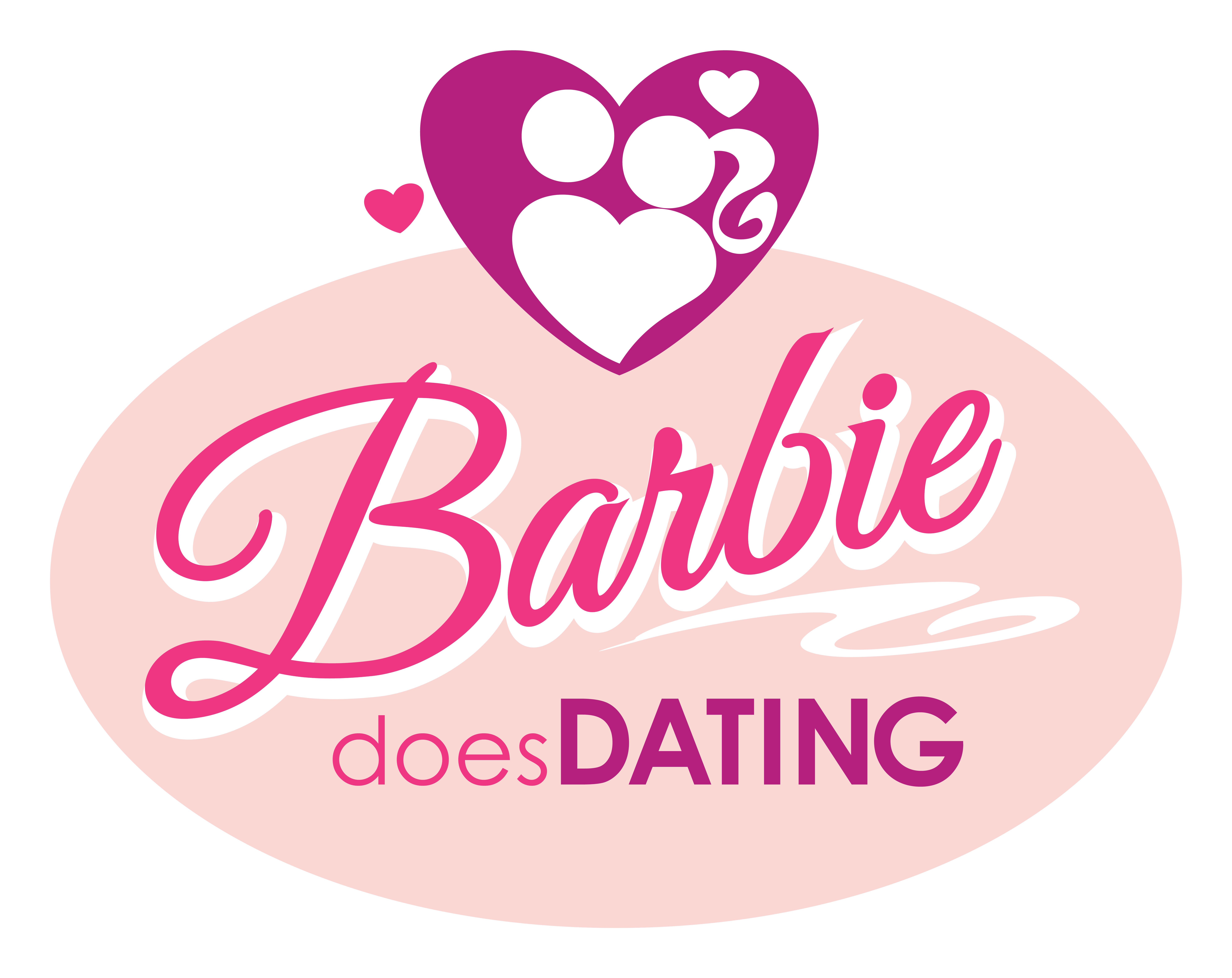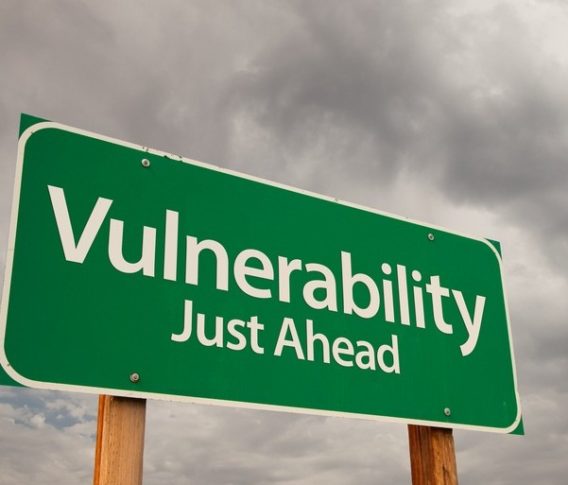By Nick Galieti
“Love comes when manipulation stops; when you think more about the other person than about his or her reactions to you. When you dare to reveal yourself fully. When you dare to be vulnerable.” ~ Dr. Joyce Brothers
When it comes to profound thoughts on dating, marriage and other relationships of deep importance, modern day movies can offer the occasional jewel of wisdom. The latest live-action Cinderella movie starring Lily James and Cate Blanchet offered this profound line, “The greatest risk we have is to be seen as we really are.”
On the Barbie Does Dating podcast, we have talked on a number of occasions about the importance of being vulnerable. This topic seems to be so important to a happy life, let alone a happy dating and relationship life, that I wanted to offer one little piece of “sage wisdom” that needs to be contextualized in a deeper sort of way.
Social Media is a sort of mixed bag when it comes to vulnerability. Social Media can empower individuals to be vulnerable to a worldwide audience or present a polished and manicured version of a life; and sometimes it’s really hard to tell the difference as to which is being presented. Political opinions, relationship status, even the daily activities of our personal lives can be put on display. How close that version of ourselves is to reality is a choice—our choice.
With so much real or pretend vulnerability going on all around us for people to “like” “comment” or “react” to, it might feel like “too much” to be vulnerable in person as well. Until people date and get married exclusively on and through social media, never in real life (I wouldn’t be surprised if that happens), there will always be a need to be truly vulnerable with real people who see us as we really are. This is why dating can be scary, risky, and yet so deeply rewarding.
I said on a podcast episode that “vulnerability isn’t about having no boundaries; it’s abo
But when we are vulnerable with deity, with God, a being who can be perfectly trusted as being omnibenevolent (all loving or universally loving), what we end up exposing is a lack of trust we have in ourselves. That can be a painful and unsettling thought which is why some people never open up to the idea of god. This is also why it can be doubly difficult to open up to people with which we want to have a meaningful relationship.We realize that we don’t fully trust ourselves or the imperfect person we let in to our boundaries.
While letting people in to our boundaries, to see who we really are, can be a “risky” proposition, it turns out to be the opportunity for the most rewarding relationships possible. In fact, to fulfill the measure of our creation is to increase over time the number of people with whom we can be vulnerable. In fact, to be like God is to be all powerful, even while also being all vulnerable. This is why certain aspects of divinity and to ultimately be in God’s presence is to be trusted with all things wherewith we will be entrusted. This is what makes the Celestial Kingdom unique; not geographical boundaries or location, but relationships of complete trust and unity.
D&C 76:92-95 describes the oneness of the Celestial Kingdom from a vision:
And thus we saw the glory of the celestial, which excels in all things—where God, even the Father, reigns upon his throne forever and ever; Before whose throne all things bow in humble reverence, and give him glory forever and ever. They who dwell in his presence are the church of the Firstborn; and they see as they are seen, and know as they are known, having received of his fulness and of his grace; And he makes them equal in power, and in might, and in dominion.
This sentiment is shared in a slightly different light by the Apostle Paul. In his short passage, 1 Corinthians 13:11-13, Paul expounds on the principle of Charity, the purest form of love. If you take the time to read this short chapter you will read in the subtext, a description of God’s character. Then, near the end are these words that echo D&C 76 in sentiment:
When I was a child, I spake as a child, I understood as a child, I thought as a child: but when I became a man, I put away childish things. For now we see through a glass, darkly; but then face to face: now I know in part; but then shall I know even as also I am known. And now abideth faith, hope, chari
In other words, as we grow and mature, as we become more complete individuals, we will put away the selfishness, the protected nature of a scared innocent, to then take on the clarity of existence that comes when we abide in pure charity. The extent to which we will are vulnerable, to be known by others as we know ourselves, and to love our neighbors and we would love ourselves (see Matt 22:37-39) is the extent to which we will know God, and to live as God lives.
So, what is vulnerability in dating but learning to be like God? Growing in vulnerability is learning to be with another person with whom you can trust, to be seen as you are seen, and to see others with the same level of love and trust as our Heavenly Father sees us. I can think of nothing so peaceful, so rewarding, or so powerful, than to be in a relationship where you are vulnerable, and where that vulnerability is upheld and trust abounds. This is also why there is no place for abuse, demeaning objectification, or tearing down of others as it stands in opposition to these ideals. While there is nothing so sweet as the joy of unified and loving relationships, there is nothing so destructive as selfish and malicious acts that foster destruction and disloyalty. But that is a risk that we all must take if we are to fulfill the measure of our creation, and to feel the love of God to its greatest degree.


0 Comments